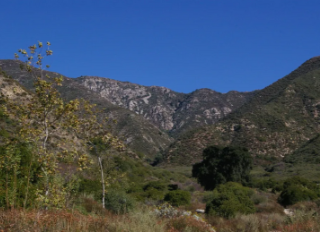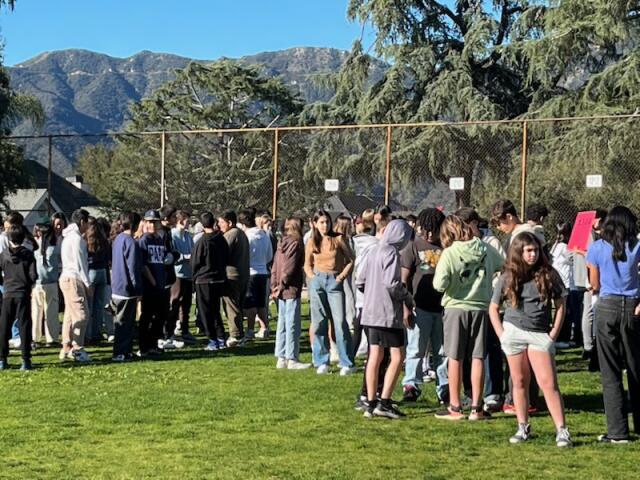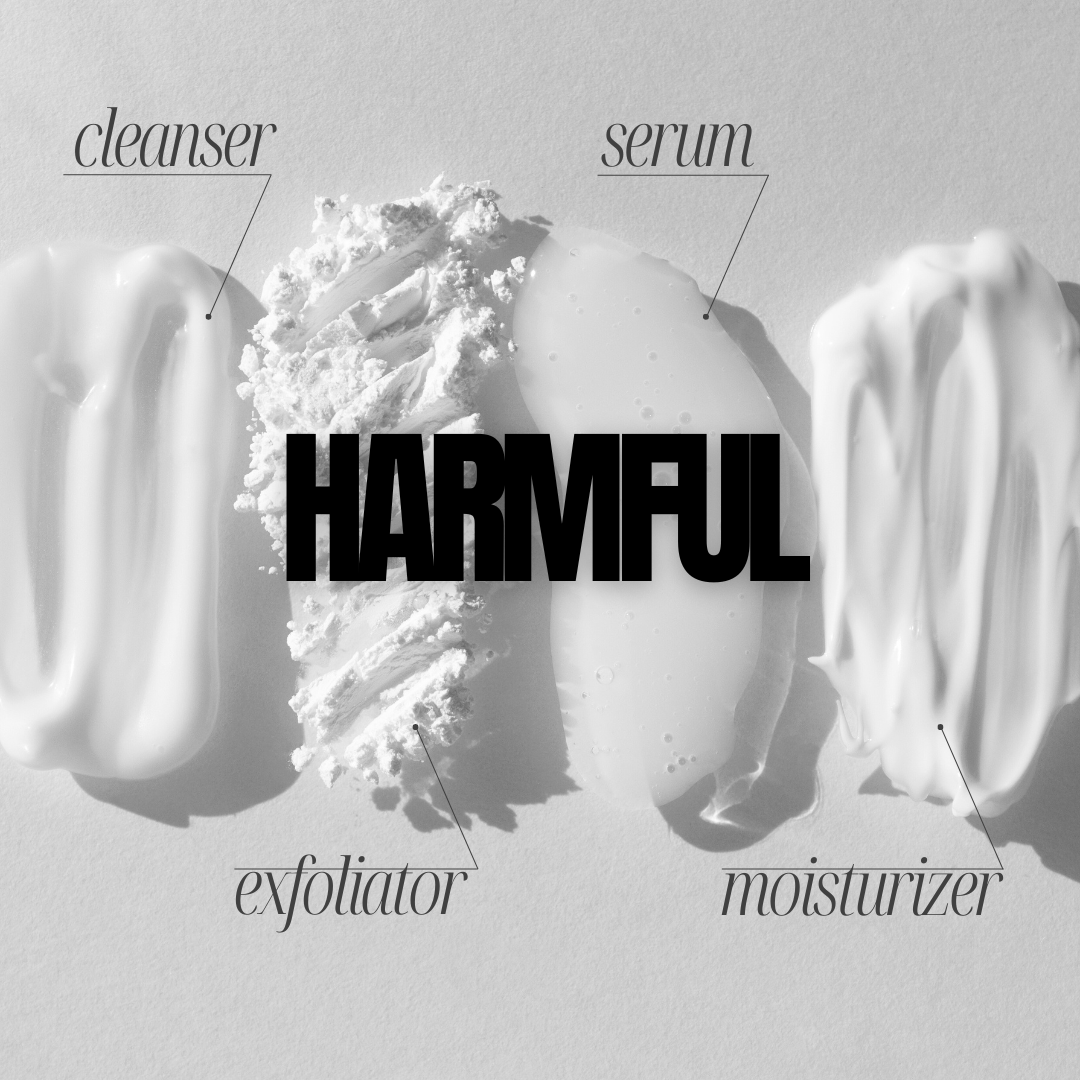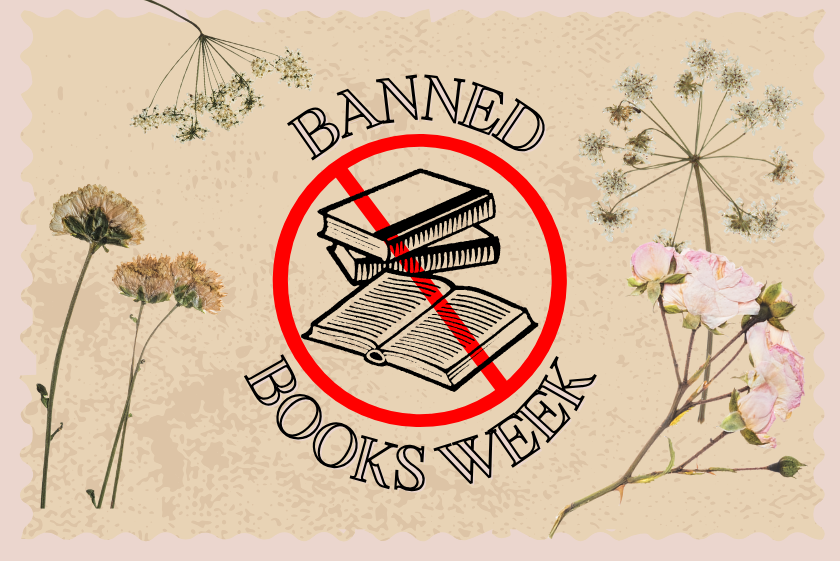The first week of October (Sunday, October 1st to Sunday, October 7th) is Banned Books Week. The week was created by The American Library Association and Amnesty International to bring attention to banned books and the effects. Their goal is to spread awareness about the books, and the people who have been tried for the banned books, as well as celebrating greater education and the freedom to read. Here in California, we are lucky enough to have a smaller amount of banned books.
What exactly is a banned book, and what qualities must it have for it to be challenged or banned? A banned book, also known as a challenged book if not officially banned, isn’t a book that suddenly is no longer available. It is typically made unavailable for students to read through the school library. Books are banned for many different reasons, most of the time for including highly disputed/controversial topics, such as sexual content, controversial themes, LGBTQIA+ themes, and strong, offensive language. Books can also be banned for not being suitable for any age groups, according to The American Library Association. Even a classic like Charlotte’s Web was banned in Kansas because of its themes of death. However, different places have different rules for what is appropriate for students to read. Another example would be some “Harry Potter” books being banned in places like Alabama for religious reasons, but virtually nowhere else. If teachers or librarians are caught allowing their students to read any sort of banned book by giving them copies, the educator could serve up to five years in prison or end up paying a $5,000 fine.
On September 25th, Governor Newsom banned the banning of books, and textbook censorship. This means that in the state of California, texts and other educational materials cannot be changed. This law was made in an effort to keep the textbooks diverse. This means that schools are required to provide diverse textbooks to their students. The governor said, “From Temecula to Tallahassee, fringe ideologues across the country are attempting to whitewash history and ban books from schools. With this new law, we’re cementing California’s role as the true freedom state: a place where families — not political fanatics — have the freedom to decide what’s right for them.” This is very good news for the future of education across the country. However, book bannings are vastly different from place to place. Places like Florida are not even allowed to have books in their classrooms unless they are deemed appropriate by the school librarian, or a certified specialist if the librarian hasn’t undergone the training required to approve or deny books.
Banned books are still a controversial topic with some people thinking it is absolutely necessary, and with some people believing it is absurd. No matter what you think, the effects that banned books have on educators and schools are annoying to say the least, and any librarian or teacher that has been prosecuted for having a banned book in their library can tell you that banned books have very negative effects.
Banned Books Week
Story continues below advertisement
Donate to The Spartan Scroll
$0
$1500
Contributed
Our Goal
Your donation will support the student journalists of Rosemont Middle School. Your contribution will allow us to purchase equipment and cover our annual website costs.
Navigate Left
-
Arts & EntertainmentComing Soon
-
Arts & EntertainmentThe musical master behind Tim Burton's films
-
Arts & Entertainmentvenom the last dance
-
Arts & EntertainmentWinter Break
-
 Arts & EntertainmentTyler, the Creator Chromakopia Album
Arts & EntertainmentTyler, the Creator Chromakopia Album -
Arts & EntertainmentK-pop comes to Rosemont
-
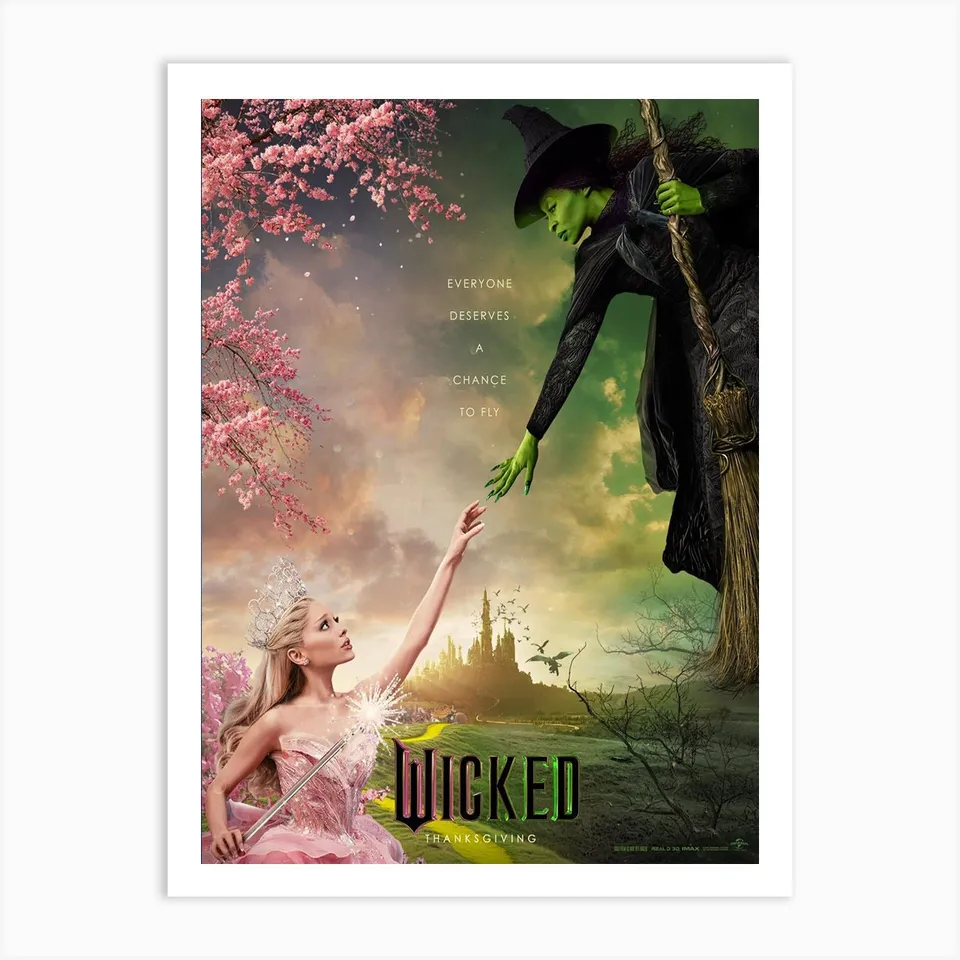 Arts & EntertainmentWicked, a worthy musical
Arts & EntertainmentWicked, a worthy musical -
Arts & EntertainmentSushi Showdown
-
Arts & EntertainmentNewest music headines
-
 Arts & EntertainmentTrending Halloween Costumes for 2024
Arts & EntertainmentTrending Halloween Costumes for 2024
Navigate Right
About the Contributor

Violet Simpson, Arts and Culture Editor
Violet Simpson is an aspiring writer who enjoys anything pink and vintage. Her favorite type of food is Japanese, despite being raised in the deep south. Violet was born in Birmingham, Alabama surrounded by her family, until her father got his dream job offer and moved to La Crescenta. She loves to write fiction with aspects of fantasy and horror stories, but when writing non-fiction, a simple research paper is her default. Since moving she’s become quite attached to the city, but still takes every chance she can to go and visit her family back south.







